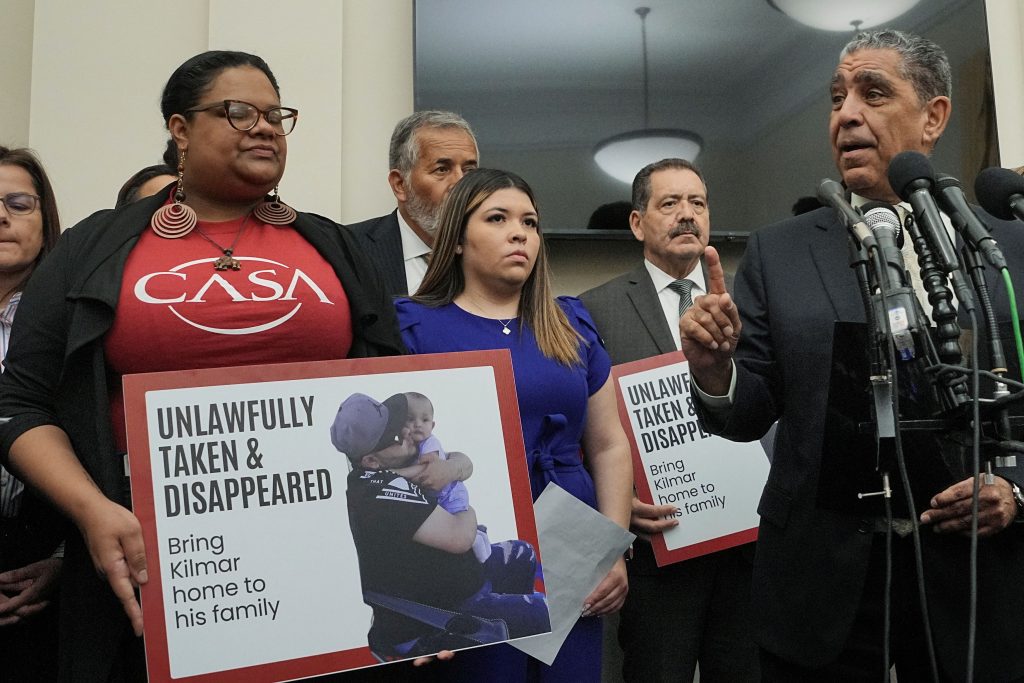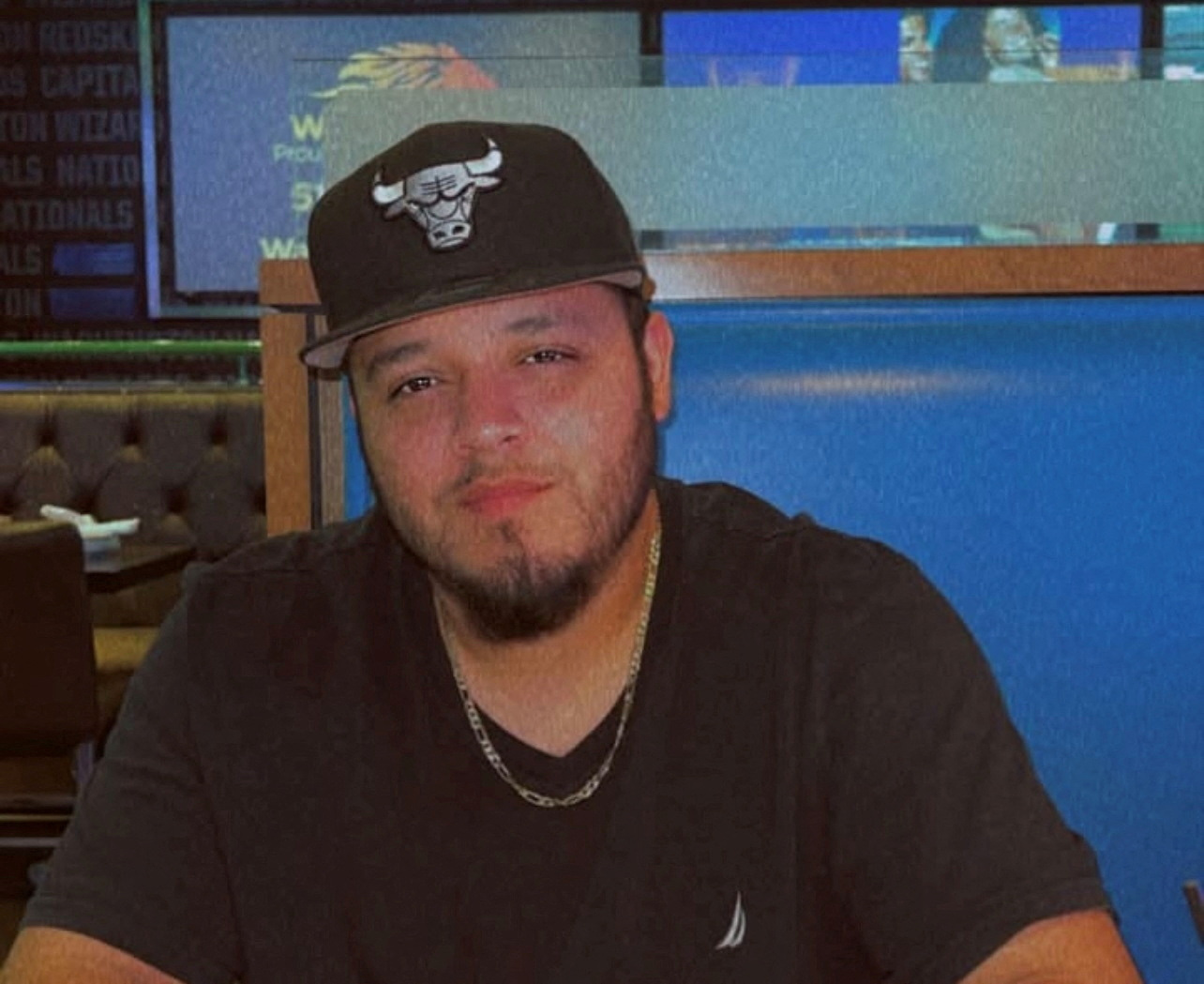The U.S. Supreme Court on Thursday ordered President Donald Trump’s administration to facilitate the return of a Salvadoran man, Kilmar Abrego Garcia, who was deported in error despite a court order protecting him from removal to El Salvador.
The high court’s unsigned decision backed an earlier ruling by U.S. District Judge Paula Xinis, who had directed the government to “facilitate and effectuate” the return of Abrego Garcia. He had been living legally in Maryland under a work permit since 2019 and was raising a family with his U.S. citizen wife and her two children.
A Mistaken Deportation
According to Reuters, Abrego Garcia was detained on March 12 by U.S. Immigration and Customs Enforcement officers and deported just three days later as part of a high-profile deportation flight to El Salvador that included alleged Venezuelan gang members. His lawyers say he has no criminal record and deny government claims of gang affiliation.
The Justice Department later admitted the deportation was carried out “through administrative error”, though it argued the deportation itself was not unlawful—only that it violated a specific court order prohibiting his removal to El Salvador. That 2019 order granted him protection based on credible fears of persecution from gangs if returned.

U.S. Rep. Adriano Espaillat (D-NY), Chair of the Congressional Hispanic Caucus, speaks during a press conference with Jennifer Vasquez Sura, wife of Kilmar Abrego Garcia, a Salvadoran migrant who lived in the U.S. legally with a work permit and was erroneously deported to El Salvador, in Washington, D.C., U.S., April 9, 2025. REUTERS/Ken Cedeno
Supreme Court Rebukes Administration, Supports Return
The Supreme Court sided with Judge Xinis’s interpretation, stating the government must “facilitate” Abrego Garcia’s release from custody in El Salvador and ensure his immigration case proceeds as if he had never been deported.
Judge Xinis followed up with a late-Thursday order requiring the government to “take all available steps” to bring Abrego Garcia back “as soon as possible.” A hearing has been scheduled in Greenbelt, Maryland, on Friday to assess the administration’s efforts.
Attorney Simon Sandoval-Moshenberg, representing Abrego Garcia, welcomed the court’s decision.
“The rule of law prevailed,” he said. “The Supreme Court upheld the district judge’s order that the government has to bring Kilmar home. Now they need to stop wasting time and get moving.”
Legal Clash Over Executive Authority
While upholding the directive, the Supreme Court also instructed Judge Xinis to clarify the scope of her ruling — particularly the term “effectuate” — noting it must be interpreted in a way that respects the executive branch’s role in foreign affairs.
A spokesperson for the Justice Department echoed that position, saying the ruling “recognized the exclusive prerogative of the president to conduct foreign affairs.” The spokesperson criticized what it called judicial overreach into presidential powers.
In its legal filings, the Justice Department emphasized that the U.S. cannot force the sovereign nation of El Salvador to comply with a U.S. judge’s order.
Constitutional and Human Rights Questions
Liberal justices on the court, including Justice Sonia Sotomayor, agreed with the majority ruling but criticized the government’s legal position.
“To this day, the government has cited no basis in law for Abrego Garcia’s warrantless arrest, his removal to El Salvador, or his confinement in a Salvadoran prison,” she wrote.
Abrego Garcia, she noted, is a father and husband with no criminal record and is now detained in El Salvador under a $6 million U.S. arrangement with President Nayib Bukele’s government to house deportees — many of whom are being held in the country’s massive anti-terrorism prison.
Broader Immigration Context
The Supreme Court’s ruling comes amid a string of controversial immigration-related decisions. This week alone, the justices allowed the Trump administration to proceed with mass deportations of alleged Venezuelan gang members under an 18th-century wartime law, and approved cuts to federal teacher training grants targeting diversity and inclusion.
But in this case, the court drew a line, ruling that even amid sweeping immigration crackdowns, basic legal protections must be respected.
For now, Abrego Garcia’s family continues to wait for his return, clinging to hope that the government will comply swiftly with the Supreme Court’s mandate and reunite him with his wife and children.



